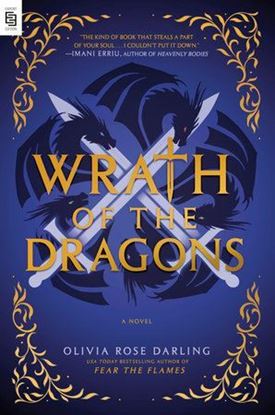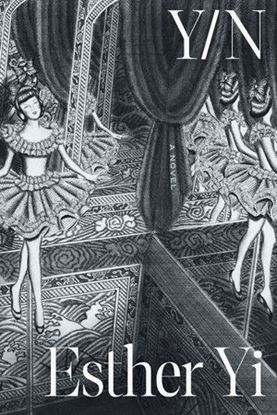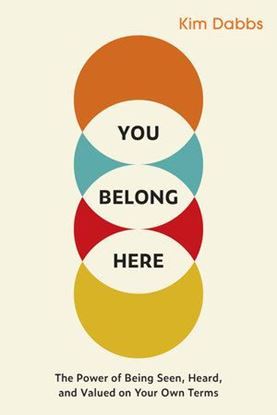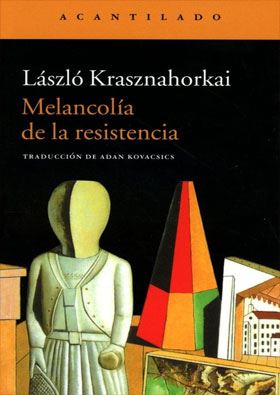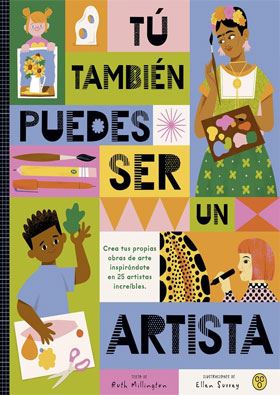

WORTHY OPPONENTS (OF2)
Spencer Brooke always knew she was destined to be CEO of her grandfather’s business—the most respected and luxurious department store in New York City. Brooke’s has been at the center of every happy memory she has, but it hasn’t been an easy journey. Seven years after her father’s death, her life is very different from the days when she walked through the store with her grandfather as a young girl. She may be the owner of Brooke’s, but she’s also now a divorced single mother of twin boys. And with the ever-evolving landscape of the fashion industry comes new challenges for Spencer and the legacy she’s inherited.
Mike Weston is known for making enormous profits by transforming small businesses into bigger, more successful ones. With his marriage at a breaking point and his children grown up, investing is where he thrives—where he can build something greater. And Brooke’s feels like the perfect opportunity. Yet the firm’s beautiful and savvy CEO turns down the offer before they even meet.
Spencer has no interest in outside investors meddling in her family business; her grandfather never saw the need for them, and neither does she. She refuses to be tempted by Mike’s offer, despite her big dreams of expanding the store. But when bad luck strikes, suddenly she is backed into a corner.
In Worthy Opponents, Danielle Steel crafts a thrilling story about a powerful woman—and her equally formidable opponent.
500
425
WRATH OF THE DRAGONS (2)
Cayden Veles, renowned Demon Commander of Vareveth, overthrew the throne to save Elowen Atarah, the woman he searched for since childhood. Now he’s determined to fulfill his quest for revenge against her father, even if it means forcing the only person he’s ever wanted into a marriage of political convenience.
Elowen Atarah has everything she thought she’d ever want. Finally reunited with her dragons, she now has an army to enact vengeance, but as events transpire, she begins contemplating if she wants more. As her father’s only living heir, the Imirath throne is her right and destiny. But fighting and winning a war will require trusting Cayden Veles, her partner in crime and now king to her queen; the man she both longs for and doubts, especially after opening her heart only to become a pawn in his game.
Navigating the shifting allegiances amongst all the kingdoms of Ravaryn will require all their strategy and strength, with devastating and bloody attacks on one side and cutthroat diplomacy for alliances on the other. But Elowen and Cayden must find a way to stand strong within the power they’ve gained, or risk losing everything.
Delving deeper into a vast and ever-changing world, Wrath of the Dragons will take you on a journey filled with epic battles and a tender, angsty love for the ages.
1,250
1,063
Y/N
It’s as if her life only began once Moon appeared in it. The desultory copywriting work, the boyfriend, and the want of anything not-Moon quickly fall away when she beholds the idol in concert, where Moon dances as if his movements are creating their own gravitational field; on livestreams, as fans from around the world comment in dozens of languages; even on skincare products endorsed by the wildly popular Korean boyband, of which Moon is the youngest, most luminous member. Seized by ineffable desire, our unnamed narrator begins writing Y/N fanfic—in which you, the reader, insert [Your/Name] and play out an intimate relationship with the unattainable star.
Surreal, hilarious, and shrewdly poignant, Y/N is a provocative literary debut about the universal longing for transcendence and the tragic struggle to assert one’s singular story amidst the amnesiac effects of globalization. Esther Yi’s prose unsettles the boundary between high and mass art, exploding our expectations of a novel about “identity” and offering in its place a sui generis picture of the loneliness that afflicts modern life.
995
846
YOU BELONG HERE
In a world overcrowded with labels, don’t allow your identity to be defined by other people. Learn how to take back your power, choose to feed the aspects of your identity that serve you, and let go of those that don’t.
Everyone feels like an outsider at some point in their life—when we walk into a room and think to ourselves, “I don’t belong here.” To avoid these feelings of exclusion, many of us hide our authentic selves and allow others to define our identity.
You Belong Here offers a new framework that allows each of us to define how we want to be seen, heard, and valued on our own terms so we feel a sense of belonging in any situation. Further, it serves as a launchpad for organizational leaders and culture builders to create safe spaces for individuals to show up as their authentic selves.
1,450
1,233
YOU BELONG TO ME (HC)
Frances Bean has always been content living life on the perimeter. Until she gets paired up for a class project with rich and popular Julia, daughter of famous wellness guru Deena Patterson. The "magic" skincare products, healing sound baths, and extravagant parties of Deena’s company DEEP never really interested Frances before, who wears the badge of goth outcast and bookworm proudly. But face time with the girl she has been crushing on for years is starting to give her a new outlook.
1,350
1,148
GREAT BIG BEAUTIFUL LIFE
ALICE SCOTT is an eternal optimist still dreaming of her big writing break. Hayden Anderson is a Pulitzer Prize-winning human thundercloud. And they're both on balmy Little Crescent Island for the same reason: to write the biography of a woman no one has seen in years or at least to meet with the octogenarian who claims to be the Margaret Ives. Tragic heiress, former tabloid princess, and daughter of one of the most storied (and scandalous) families of the twentieth century. When Margaret invites them both for a one-month trial period, after which she'll choose the person.who'll tell her story, there are three things keeping Alice's head in the game. One: Alice genuinely likes people, which means people usually like Alice—and she has a whole month to win the legendary woman over. Two: she's ready for this job and the chance to impress her perennially unimpressed family with a Serious Publication. | Three: Hayden Anderson, who should have no reason to be concerned about losing this book, is glowering at her in a shaken-to-the core way that suggests he sees her as competition.
1,350
1,148


